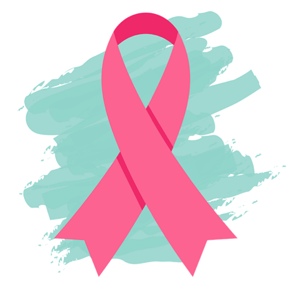Breast self–examination practice and the associated factors among Bule Hora University students, Oromia Regional State, Ethiopia. An institution based cross sectional study

Accepted: 8 March 2022
HTML: 69
All claims expressed in this article are solely those of the authors and do not necessarily represent those of their affiliated organizations, or those of the publisher, the editors and the reviewers. Any product that may be evaluated in this article or claim that may be made by its manufacturer is not guaranteed or endorsed by the publisher.
Authors
Regular breast self-examination in women is one of the practicable ways to screen, to detect earlier and to seek prompt medical attention of breast cancer in lowincome countries. The study aimed to assess breast self-examination practice and associated factors among female students of Bule Hora University from February- June 2019. A cross-sectional study was conducted using pretested, self-administered and structured data collection tools from regular and undergraduate class female students. Data were entered using Epi info. Version 7.2; and analyzed by SPSS version 20. Only 30 (14.78%) of the students were found to practice breast self-examination regularly. Being urban resident [(AOR= 2.757: 95% CI (1.471, 5.167)], perceived susceptibility to breast cancer [AOR =2.910, 95% CI (1.537, 5.508)] and having family history of the practice [AOR= 2.047: 95% CI (1.040, 4.028)] had shown a significant association with the practice of breast self -examination. Discussion about breast cancer and practicing breast self-examination among the students is very low. The students who came from rural communities did not yet perceive the susceptibility and; therefore, health education pertaining to the subject is recommended.

 https://doi.org/10.4081/hls.2022.9994
https://doi.org/10.4081/hls.2022.9994



